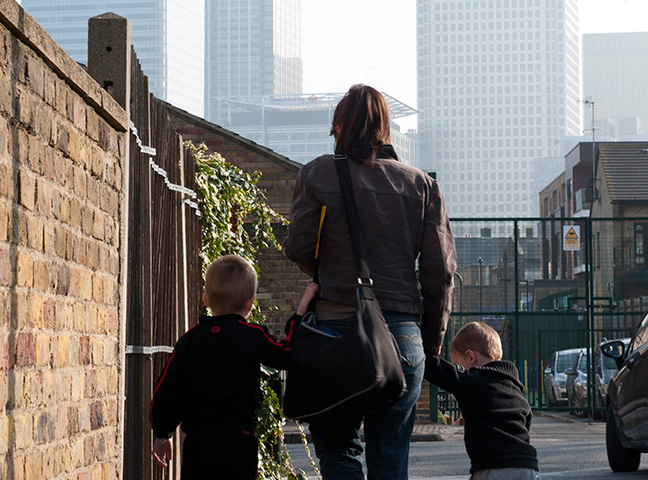
CSAN (Caritas Social Action Network) has welcomed a report from the Work and Pensions Select Committee published today which calls for an independent review of the benefit sanctioning policy.
Having provided recommendations to the Committee in December 2014 as well as frequently highlighting the impact of sanctions, CSAN hopes that this report will lead to change in current policy.
Helen O’Brien, Chief Executive of CSAN, said: “This report rightly highlights that in the majority of cases benefit sanctions are not being applied fairly and proportionately. In the experience of the CSAN network, the current approach of sanctions has not only left many families, often unnecessarily, without vital income but it has also created a climate of resentment and increased alienation leading to an “us and them” situation between advisors and claimants, when the relationship should be a mutual partnership.
The report also recommends that the DWP draws on specialist advice to develop guidance on vulnerability to assist staff at the Job Centre Plus in identifying vulnerable claimants including those with mental health problems and learning disabilities, who may face difficulties in complying with conditions put upon their benefits. Too often, vulnerable people have needed support from our charities as their only source of income has been stopped with little understanding as to why this happened in the first place. Any moves towards developing guidance and ultimately exempting these vulnerable groups from sanctions would be particularly welcome.
I hope these recommendations and findings are taken seriously and are given urgent attention in the next Parliament.”
Bishop Terence Drainey, Bishop of Middlesbrough and Chair of CSAN Trustees, said: “The impact of benefit sanctions on families and individuals is something I see on a regular basis in my Diocese of Middlesbrough. Too often families are left with very little income in order to make ends meet, whilst at the same time are given little explanation as to why they have been sanctioned.
Leaving people with such little income, and in some cases no income at all can have severe consequences for their health and well-being.
As such, the recommendation to make steps towards non-financial sanctions is particularly welcome and will help those families and individuals from seeing their situation deteriorate to a point of destitution.”